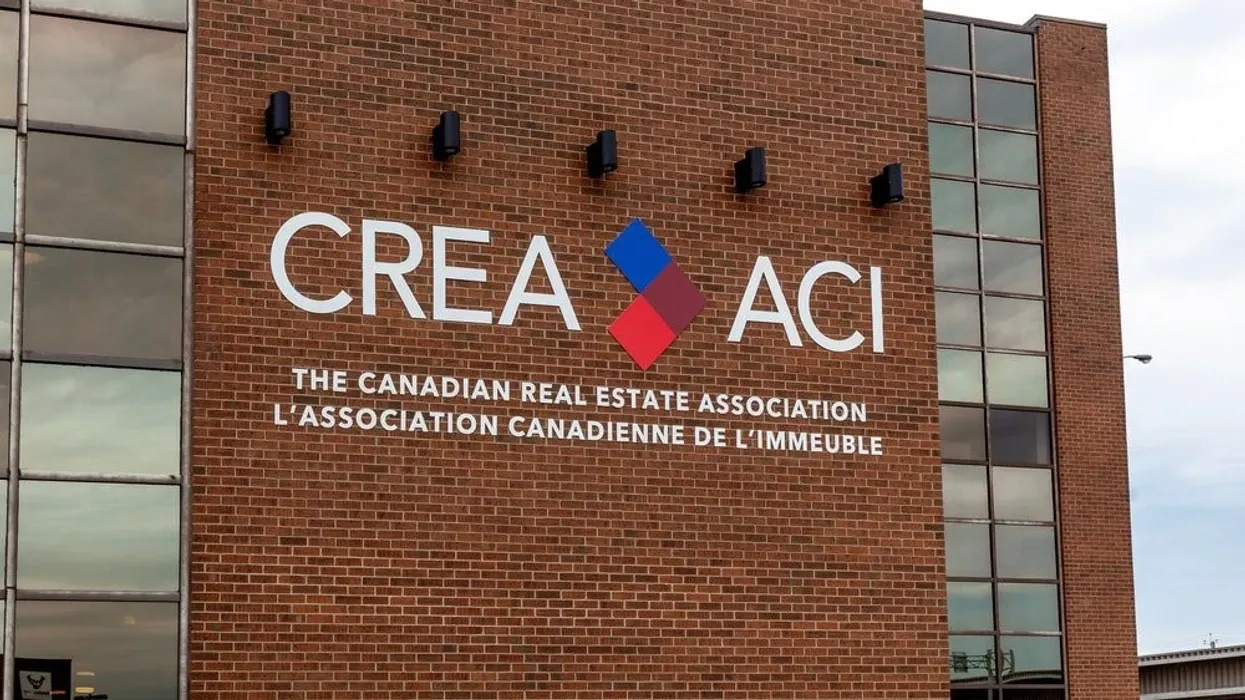The Canadian Real Estate Association (CREA) put a new ‘Duty of Cooperation’ policy into effect this year, and in essence, it requires member agents to put residential listings on the MLS within three days of public marketing.
“Public marketing is any type of marketing of a listing to the public or to anyone not directly affiliated with the brokers and licensees of that brokerage,” CREA said in a statement after delegates with the association voted the policy into effect last April.
CREA also explained last year that the new policy — which was added to the REALTOR® Code on January 3, 2024, and goes hand-in-hand with a new REALTOR® Cooperation Policy — responds to the “rising misuse of marketing tactics” that were effectively keeping listings off the MLS and therefore limiting their public exposure.
Be that as it may, agents are already questioning the policy’s efficacy and to what extent something like this can be properly enforced.
“I feel like we're kind of in a period of growing pains where I'm still seeing a lot of people violating the policy because it's so unclear what the actual punishment will be,” says Anya Ettinger, an agent with Bosley Real Estate.
“I think the internet is going to be the trickiest when it comes to enforcement. For instance, there's a big online group where realtors will share listings, and a lot of them are violating the policy, but it seems like someone needs to report you in order for there to be any sort of recourse.”
In a statement provided to STOREYS, CREA's Media Relations Officer Pierre Leduc confirms that the policy is indeed contingent on reporting, and that the onus will be on local real estate boards and associations when it comes to enforcement. “Boards and associations are best positioned to monitor member compliance, and it’s reasonable to expect members to report issues they may come across,” he explains.
The same goes for fines: Leduc says that agents who fail to comply with the REALTOR® Code “are subject to the penalties established by their board or association.”
The fact that CREA hasn’t nailed down a system for enforcement or penalization to date (and presumably, isn’t planning to) is in itself a threat to the policy’s potential effectiveness, says Karen Yolevski, Chief Operating Officer of Royal LePage's corporately owned brokerages. “Rules without enforcement don't have much teeth,” she adds.
On top of that, Yolevski fears that the policy won’t be as widely beneficial to consumers as intended. To her knowledge, the “misuse of marketing tactics” that CREA cited when they first unveiled the policy to the public isn’t actually such a “large-scale problem.” Rather, she says, it’s an issue of the “odd bad apple.”
And although CREA came out with a statement on January 9, 2024, that explains that the policy does not ban exclusive listings (they underlined that it only aims to rein in the amount of advertising that can be done through like flyers, yard signs, digital marketing, and newsletters prior to listing on the MLS), Yolevski also fears that the policy “restricts consumer choice” in a way that could be cumbersome to certain sellers.
“For a consumer that is concerned about privacy or, for another reason, isn’t looking to list their property publicly, the policy will pose a limitation,” she says.
“In addition, education is critical for something like this, and education at every level of practice. [From] realtors that are coming into the industry all the way through to tenured realtors, CREA needs to do more outreach and maybe even provide opportunities for realtors to give feedback on the new rules and the impact they have on the business as a whole.”
Both Yolevski and Ettinger also agree that the policy leaves many of the industry’s more pressing pain-points unaddressed.
“I think, overall, it does seem like CREA is trying to do their best to appease consumers, which I appreciate, but I do think we are quite a ways away from actually being in a good spot where consumers feel heard and respected,” says Ettinger. “As realtors, we’re dealing with the largest purchases that many of these people will ever be making in their life, like huge value transactions, yet we receive very minimal training and education and we're not regulated closely enough. I think that's really something that CREA should be focusing on, rather than policies that will really only affect a fraction of transactions.”





















